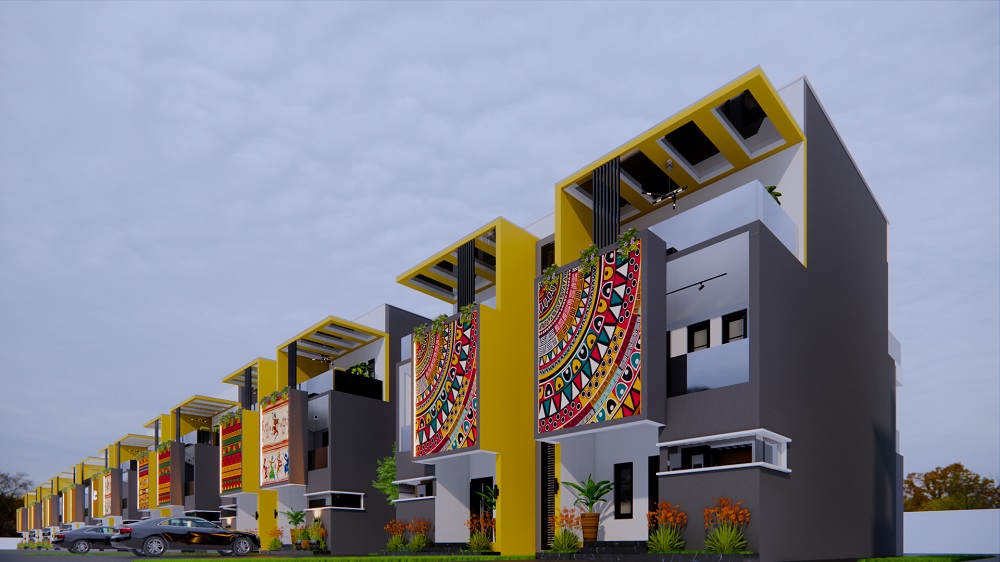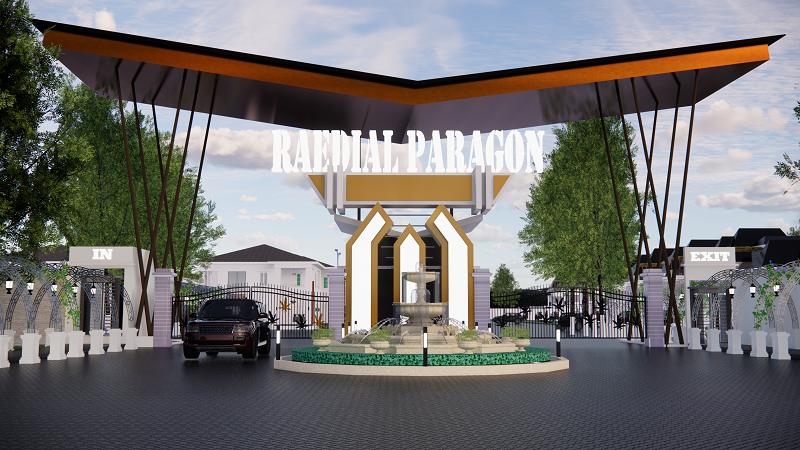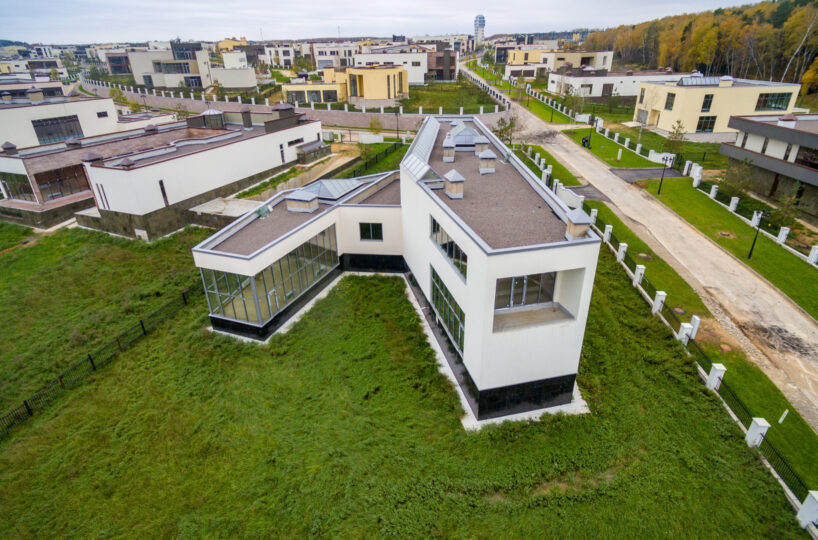Exploring Different Types of Real Estate Investments in Nigeria
Introduction:
Real estate investment in Nigeria has become a thriving avenue for both local and international investors seeking lucrative opportunities. The diverse landscape of the Nigerian real estate market offers a spectrum of investment options, each with its own set of risks and rewards. In this blog post, we will embark on a journey to explore the various types of real estate investments available in Nigeria, shedding light on the unique characteristics and potential returns associated with each.
Residential Real Estate:
The most traditional form of real estate investment, residential properties, continues to be a popular choice in Nigeria. From standalone houses to apartment complexes, investors can tap into the rental market, capitalizing on the country’s growing population and urbanization trends. Areas like Lagos, Abuja, and Port Harcourt present particularly promising opportunities for residential real estate due to increasing demand.
Commercial Real Estate:
Nigeria’s bustling business environment has led to a surge in demand for commercial spaces. Investing in office buildings, retail spaces, or warehouses can provide steady rental income. Commercial real estate is often influenced by economic trends and urban development, making it crucial for investors to stay informed about the dynamics of the local business landscape.
Retail Real Estate:
With the rise of consumerism, retail real estate has gained prominence. Shopping malls, plazas, and retail outlets in strategic locations can attract both local and international brands, offering investors a chance to benefit from retail-driven foot traffic. As the middle class expands, the retail sector becomes increasingly appealing for investors seeking long-term gains.
Industrial Real Estate:
The industrial sector in Nigeria is undergoing rapid growth, driven by increased manufacturing and production activities. Investing in warehouses, distribution centers, and industrial parks can be a smart move, especially in key industrial hubs. Proximity to transportation networks and logistics infrastructure is crucial for success in this sector.
Hospitality Real Estate:
Nigeria’s tourism sector is on the rise, creating opportunities for investors in hospitality real estate. Hotels, resorts, and serviced apartments in tourist-friendly locations can attract both business and leisure travelers. This sector is closely tied to the country’s overall economic performance and tourism trends.
Land Banking:
Land banking involves acquiring undeveloped land in strategic locations with the expectation of future appreciation. Investors can hold onto the land or develop it as the surrounding infrastructure improves, unlocking its potential value. Careful consideration of regulatory factors, urban development plans, and market trends is essential for successful land banking.
Conclusion:
In conclusion, the Nigerian real estate market is a dynamic landscape offering a myriad of investment opportunities. As with any investment, thorough research, local market understanding, and risk assessment are crucial. Whether you are considering residential properties, commercial spaces, or venturing into land development, the key to success lies in staying informed and aligning your investment strategy with the evolving dynamics of the Nigerian real estate market. By exploring the diverse options available, investors can unlock the full potential of this thriving sector and contribute to the nation’s economic growth.











